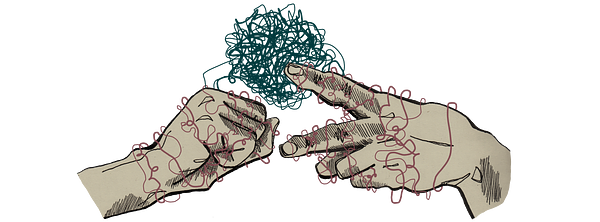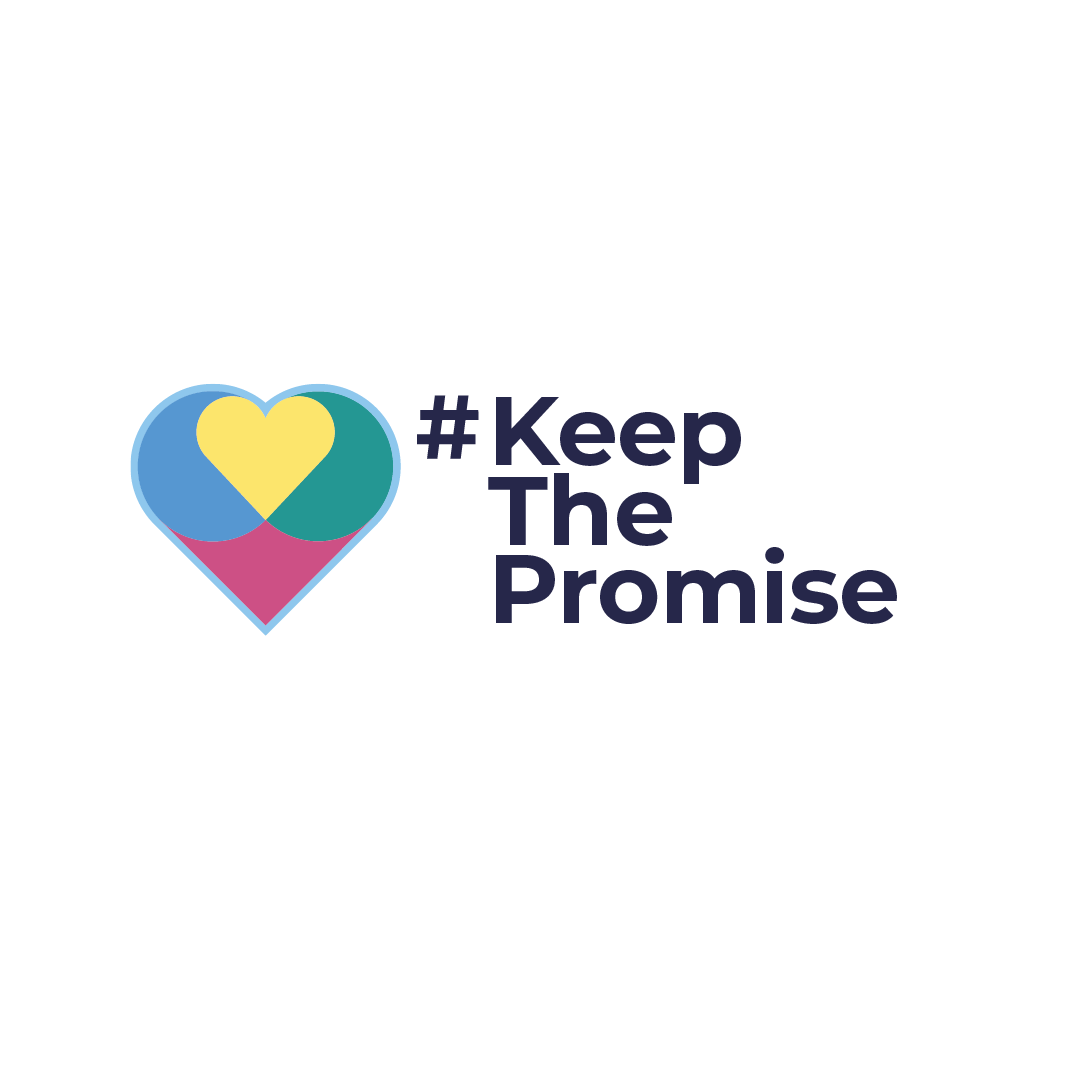Professionals and Practitioners
This digital resource tells the story of how our brains interpret the world around us and how this translates in our bodies, emotions and behaviours. It has been designed to be used by professionals working with young people interested in learning more about the science of conflict and boosting their wellbeing.

What are Coping Skills?
Summary
- Coping skills are the strategies and techniques individuals employ to manage stress, adversity, and challenging situations effectively. They encompass a wide range of psychological, emotional, and behavioural mechanisms that vary from person to person.
- While coping skills are essential for managing crises and mitigating stress, thriving goes beyond mere survival. Coping tends to be reactive, focusing on immediate problem-solving and emotional regulation to weather storms and maintain stability, while thriving involves a proactive and growth-oriented outlook.
- Wellbeing encompasses the holistic state of being physically, emotionally, and mentally healthy and fulfilled. It extends beyond the absence of illness or distress to encompass positive emotions, meaningful relationships, a sense of purpose, and overall life satisfaction.
Navigating family conflicts can be emotionally taxing, especially for professionals working with parents and their offspring. The dynamics of these relationships often become strained. In such instances, understanding coping skills, the distinction between coping and thriving, and fostering wellbeing become crucial components in facilitating reconciliation and growth within families.
What Are Coping Skills?
Coping skills are the strategies and techniques individuals employ to manage stress, adversity, and challenging situations effectively. They serve as a toolkit for navigating life's inevitable ups and downs, enabling individuals to maintain emotional stability and function optimally despite external pressures. Coping skills encompass a wide range of psychological, emotional, and behavioural mechanisms that vary from person to person.
Examples of coping skills include:
1. Problem-solving: Identifying the root cause of a conflict and working towards a resolution through communication and negotiation.
2. Emotional regulation: Practicing mindfulness, deep breathing, or relaxation techniques to manage overwhelming emotions such as anger, anxiety, or sadness.
3. Seeking support: Reaching out to trusted friends, family members, or professionals for guidance, empathy, and advice during challenging times.
4. Positive reframing: Viewing setbacks or conflicts as opportunities for growth and learning rather than insurmountable obstacles.
5. Self-care: Prioritizing activities that promote physical, emotional, and mental wellbeing, such as exercise, hobbies, adequate sleep, and healthy eating habits.
By cultivating and honing coping skills, individuals can develop resilience—the ability to bounce back from adversity stronger and more adaptable than before.
Wellbeing encompasses the holistic state of being physically, emotionally, and mentally healthy and fulfilled.
What Is the Difference Between Coping and Thriving?
While coping skills are essential for managing crises and mitigating stress, thriving goes beyond mere survival. Thriving implies experiencing growth, fulfilment, and flourishing despite adverse circumstances. The key distinction lies in the mindset and approach towards challenges.
Coping tends to be reactive, focusing on immediate problem-solving and emotional regulation to weather storms and maintain stability. On the other hand, thriving involves a proactive and growth-oriented outlook, wherein individuals not only overcome obstacles but also harness them as catalysts for personal development and transformation.
Thriving encompasses:
1. Resilience: Building upon coping skills to bounce back from setbacks with renewed strength and determination.
2. Adaptability: Embracing change and uncertainty as opportunities for innovation, creativity, and self-discovery.
3. Meaning-making: Finding purpose and significance in one's experiences, even amidst adversity, by aligning actions with personal values and goals.
4. Optimism: Cultivating a positive mindset that fosters hope and optimism, even in the face of challenges.
What Is Wellbeing?
Wellbeing encompasses the holistic state of being physically, emotionally, and mentally healthy and fulfilled. It extends beyond the absence of illness or distress to encompass positive emotions, meaningful relationships, a sense of purpose, and overall life satisfaction. Wellbeing reflects the dynamic interplay between individual factors, such as genetics, personality, and life circumstances, and environmental influences, including family dynamics, social support, and community resources.
Components of wellbeing include:
1. Physical health: Maintaining a balanced diet, regular exercise, adequate sleep, and preventive healthcare practices to support overall physical wellness.
2. Emotional health: Cultivating self-awareness, emotional intelligence, and coping skills to navigate and express emotions in healthy ways.
3. Social connections: Nurturing supportive relationships with family, friends, and community members to foster a sense of belonging, connection, and interpersonal support.
4. Purpose and meaning: Engaging in activities that align with personal values, interests, and goals, and finding fulfilment in contributing to something larger than oneself.
5. Personal growth: Pursuing lifelong learning, self-improvement, and self-actualization to realize one's full potential and lead a meaningful and fulfilling life.
Promoting wellbeing within families requires a multifaceted approach that addresses the diverse needs and dynamics of each member while fostering a supportive and nurturing environment conducive to growth and flourishing.
Conclusion
In the realm of family conflicts, understanding coping skills, thriving, and wellbeing is essential for professionals working with parents and their offspring. Coping skills provide individuals with the tools to navigate crises and manage stress effectively, while thriving involves harnessing adversity as an opportunity for growth and personal development. Wellbeing, on the other hand, encompasses the holistic state of being physically, emotionally, and mentally healthy and fulfilled.
By fostering coping skills, resilience, and wellbeing within families, professionals can contribute towards creating and sustaining stronger, healthier, and more resilient family relationships. Through education, support, and empowerment, families can better manage conflicts.
References and Further Reading
- Healthy Coping Skills for Uncomfortable Emotions by Amy Morin. Very Well Mind, 2023.
- Everything You Wanted to Know About Coping Skills. Fleurish Psychotherapy, 2023.
- Coping Mechanisms by Emad B. Algorani & Vikas Gupta. National Library of Science, 2023.
- What Does it Mean to Actually Thrive? by Meg Johnson. Medium, 2021.
- What is Wellbeing, How Can We Measure It and How Can We Support People to Improve It? Mental Health Foundation, 2023.





